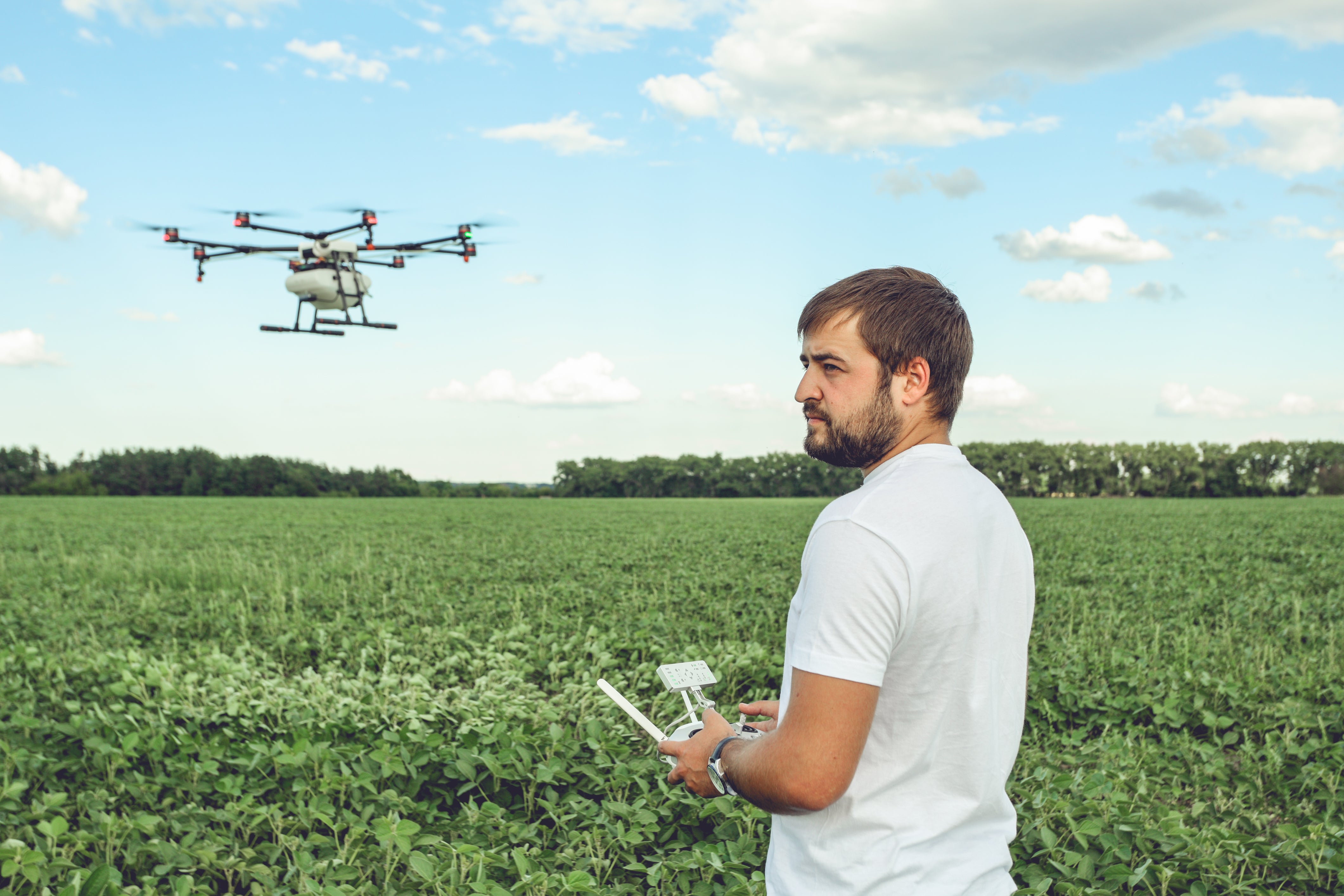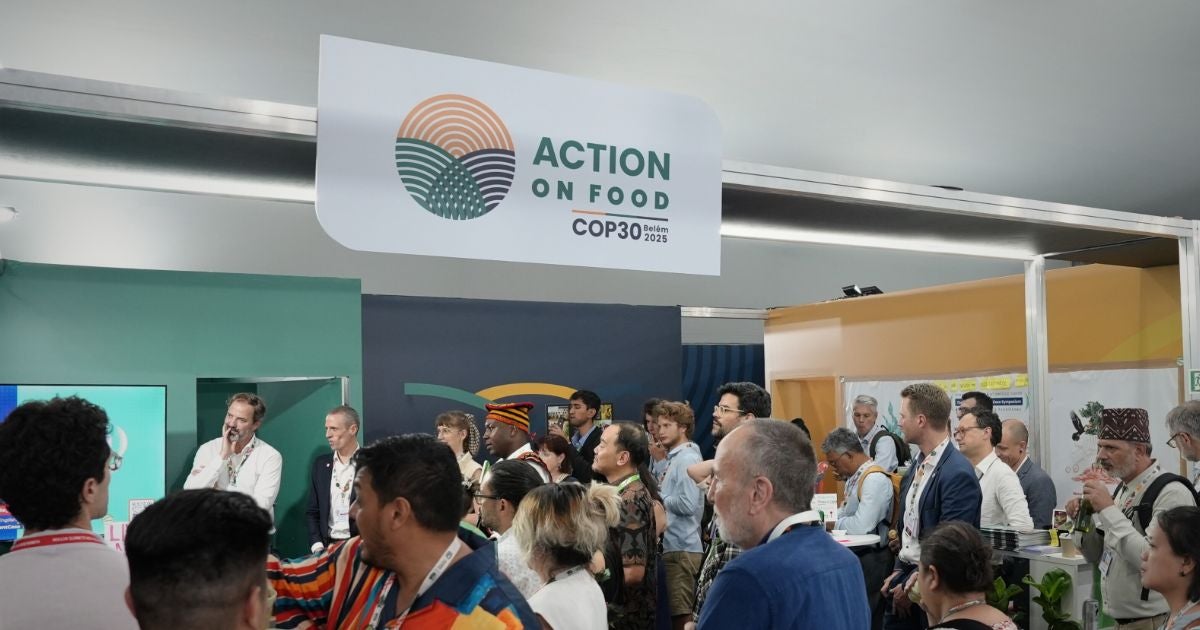Water risk: Which food companies are managing it and how can they do better?

Unreliable water supply and quality is a source of enormous risk to the agricultural sector. That was the key takeaway of a new report from Ceres that evaluated 37 of the world’s leading agriculture, beverage, meat and packaged food companies to see how they are managing risks from diminishing water supplies and water quality.
In a nutshell, companies need to improve their performance.
Companies use huge amounts of water in the production of crops, which also affects water quality when nitrogen fertilizer not absorbed by plants runs off into waterways.
Five areas of water risk
The Ceres report defined five water risk drivers in the agricultural sector: growing competition for water, weak regulation, aging and inadequate water infrastructure, water pollution and climate change.
These water risks are already impacting corporate supply chains. Look no further than California to see how industries like fruits and nuts are taking a hit. Not only are farmers having to fallow land and remove orchards due to insufficient water deliveries, news headlines are tarnishing the reputation – with potential effects on demand – of crops like the beloved almond.
The good news
Fortunately, there was some good news that came out of the report, which also recommended steps that companies and investors can take to ensure a healthy water future. These include a need to:
- Increase board members’ understanding and oversight of water risks.
- Conduct analyses of water risks.
- Address water risks at the watershed-level, not at the field-level, and develop mitigation plans that include water impacts throughout watersheds.
- Engage directly with supply chains to address water risks and impacts from field-level practices:
- Set policies, sourcing goals, purchase products that have sustainability certification, collect data.
- Improve transparency of water risk and mitigation plans to investors.
Several companies are already building this kind of water risk management into their business planning, creating a model for others to follow.
Familiar names at the top
The report rated companies on a scale from zero to 100, based on the companies’ approach to managing water risks overall and in specific parts of their operations and supply chains. The top performers in food and beverage were Unilever (70), Coca-Cola Co. (67), and Nestle SA (64).
Many of these companies are familiar leaders in sustainability. Unilever and Murphy-Brown, a subsidiary of Smithfield Foods, have been working with EDF to deploy fertilizer efficiency programs in their sourcing regions for key commodity ingredients. The result: these companies are minimizing nutrient losses that harm waterways and threaten drinking water supplies.
More to be done
Back in school, a 70 out of 100 was a C – meaning average. When it comes to business planning, companies can’t afford to be average. To successfully compete in the global marketplace, companies are going to need stronger plans to increase efficiency to limit water use and reduce water pollution.
If anything, the Ceres report should be a wake up call to corporate America. The time to act is now.












